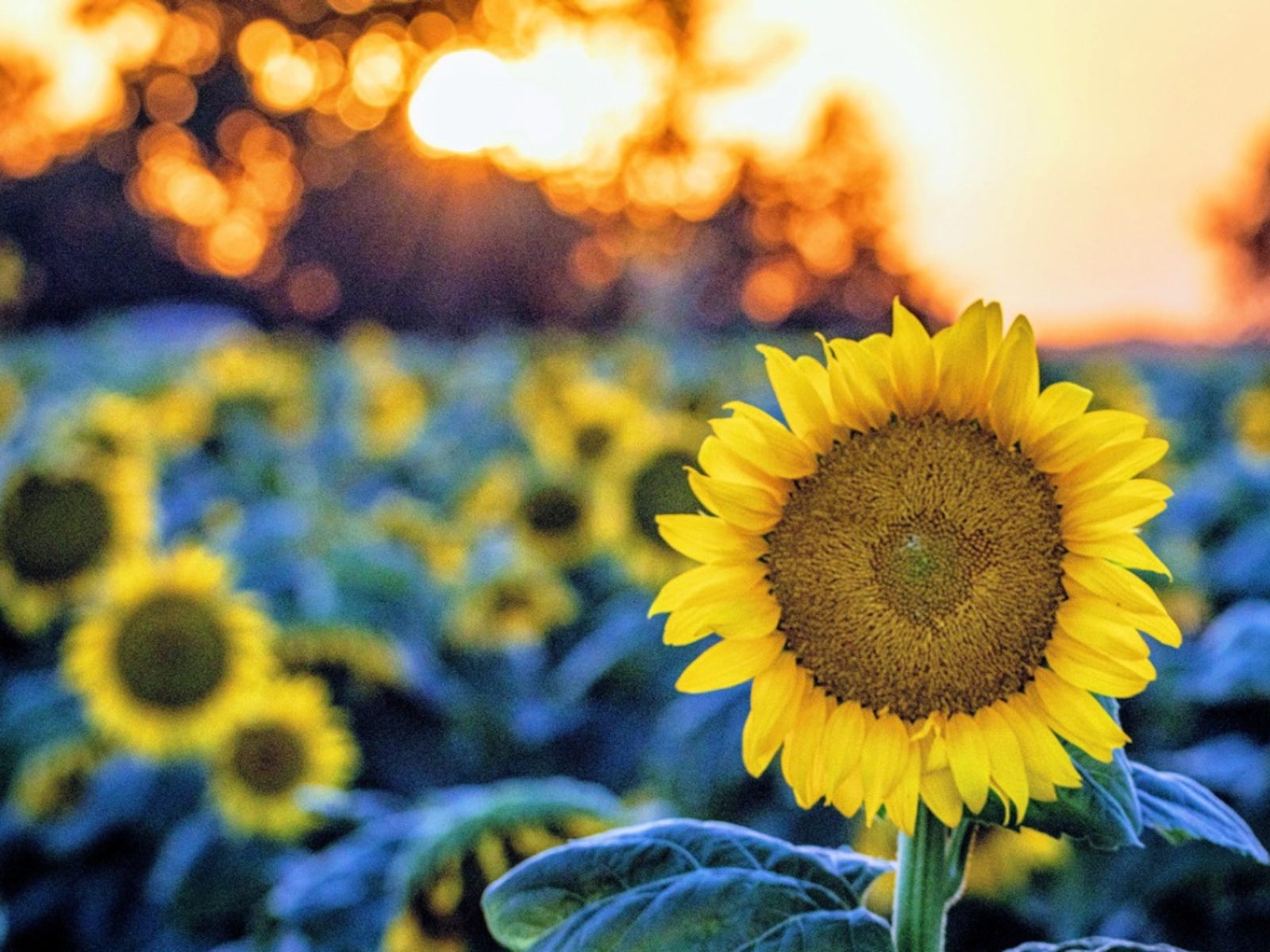Self-Seeding Garden Plants: How To Use Self Sowers To Fill Gardens


Sign up for the Gardening Know How newsletter today and receive a free copy of our e-book "How to Grow Delicious Tomatoes".
You are now subscribed
Your newsletter sign-up was successful
I'm a cheap gardener. Any way I can repurpose, recycle, or reuse makes my pocketbook heavier and my heart lighter. The best things in life really are free and a great example of that are self-sowing plants. Self-sowing plants reseed themselves and offer a new crop of beautiful plants the next growing season. What can be better than free plants? Plants that self-seed allow annuals to mimic perennials and save you money every year they volunteer.
What is a Self-Sowing Plant?
Self-seeding garden plants drop their pods, capsules, or seeds at the end of the season. In most cases, the seeds need nothing more than the soil they fall onto, relying on natural seasonal changes to germinate and grow. Occasionally, self-seeders can become nuisance plants, so it is important to choose wisely or just adore the crazy spread of the plants. Using self-sowers to fill gardens is an old, time-honored practice invoked by modern gardeners who spread wildflower seed in disturbed or unused fields and beds.
Plants That Self Seed
Spring is in bloom and old friends are appearing in every corner of the garden. These may be perennials or annuals, but their appearance is unchoreographed and spontaneous. They are the natural result of a previous year's purchase and reward you every year with amazing color, scent, and foliage. Once you have one of these beauties in your garden, you will never be without them. Plants that self-seed in the garden commonly may include:
- Violets
- Forget-me-not
- Bachelor's button
- Columbine
- Alyssum
- Calendula
- Portulaca
- Sunflower
- Rose campion
- Cosmos
- Amaranthus
- Poppies
- Coreopsis
- Indian blanket
- Zinnias
- Coleus
- Money plant
- Crested cockscomb
Coneflower and chives are herbal and provide a surfeit of scent and texture for the garden. Sweet William and bellflower work equally well in a garden bed or a container. Results will be mixed depending upon your garden zone, as excessive cold or heat can affect seed germination. Interestingly, fruits and vegetables that self-sow may come back as slightly different than the parent plant but still produce edibles. Some common volunteers in spring include:
Radishes, broccoli rabe, turnips, and most types of mustard will grace your garden annually and may even produce a fall crop. If you can keep them alive through winter, some plants are biennial and set seed the second year. Examples of these are:
Annual herbs left to flower in the garden with a good chance of spring volunteers include:
Choosing Self Sowers to Fill Gardens
There is a difference between filling and invading, and plants can't draw the line so you have to do it for them. Picking the right types of plants is important in any instance, but when the plant is going to volunteer whether you want it to or not, the process becomes even more vital. You should check with your local extension service before planting self-seeding garden plants. Some of them are on the invasive list and may take over land meant for native plants. This can crowd out the natives and diminish the natural environment. You can also be the type of gardener that can't stand the untidiness of rampant wildly growing seedlings. If that is the case, you will really want to put some thought into your plant choices if they are self sowers or you will be pulling out plants right and left.
Sign up for the Gardening Know How newsletter today and receive a free copy of our e-book "How to Grow Delicious Tomatoes".

Bonnie Grant is a professional landscaper with a Certification in Urban Gardening. She has been gardening and writing for 15 years. A former professional chef, she has a passion for edible landscaping.